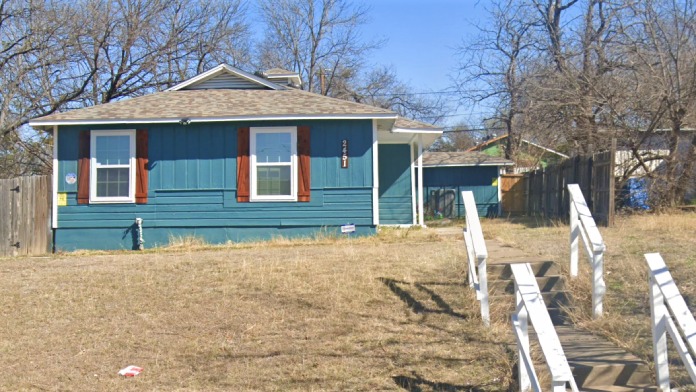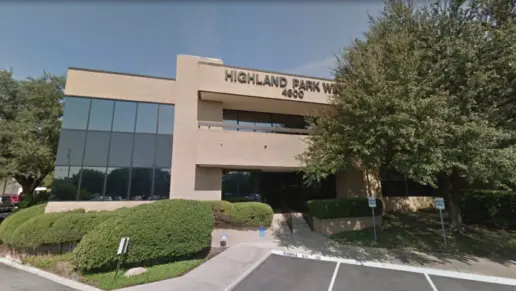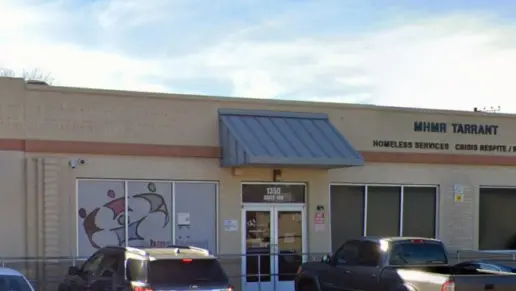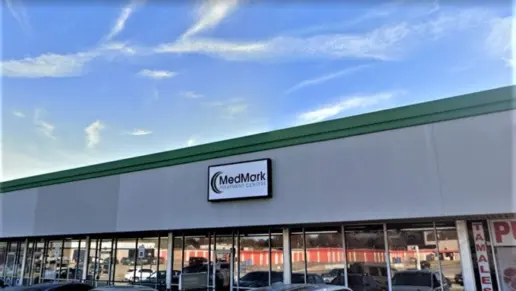Everthing we needed, and more. Really loved me when I was unlovable.
About Sober by Grace Ministries
Sober by Grace Ministries, in Fort Worth, Texas, is a faith-based, 12 step-focused drug and alcohol rehab for adults. They offer long-term residential care and aftercare planning and support, including specialized programming for young adults. Their primary treatment modalities include addiction education, recovery-focused life skills training, and spiritual education.
Sober by Grace Ministries provides faith-based, 12 step-focused addiction treatment for adults in Fort Worth, Texas, including dedicated services for young adults.
The inpatient program allows clients to focus on their recovery in a highly supportive and structured environment. Their long-term residential treatment model enables clients to cultivate independent living and recovery-focused life skills to support sustained sobriety. Clients engage in intensive, trauma-informed individual, group, and family counseling. Their faith-based approach prioritizes daily Bible study, devotionals, and prayer as a cornerstone of recovery.
Sober by Grace Ministries facilitates clients’ successful reintegration into their home, workplace, and community through robust aftercare planning and support. Clients may receive transitional assistance as they step down into outpatient treatment. Aftercare services may also include peer coaching, career counseling, 12 step program induction, and referrals for medical, mental health, and social service programs.
Sober by Grace Ministries accepts self-pay.
Latest Reviews
Rehab Score
Gallery

Location
Other Forms of Payment
Self-pay involves paying for treatment out of your own pocket. You can use savings or credit, get a personal loan, or receive help from family and friends to fund your treatment. If you don't have insurance or your insurance plan doesn't cover a specific program, self-pay can help ensure you still get the care you need.
Addiction Treatments
Levels of Care
Treatments
The goal of treatment for alcoholism is abstinence. Those with poor social support, poor motivation, or psychiatric disorders tend to relapse within a few years of treatment. For these people, success is measured by longer periods of abstinence, reduced use of alcohol, better health, and improved social functioning. Recovery and Maintenance are usually based on 12 step programs and AA meetings.
During rehab in Texas, you'll deal with underlying issues that contribute to addiction. By addressing these challenges and learning healthy ways to cope with them, you'll develop strategies that help you live a drug-free lifestyle.
Opioid rehabs specialize in supporting those recovering from opioid addiction. They treat those suffering from addiction to illegal opioids like heroin, as well as prescription drugs like oxycodone. These centers typically combine both physical as well as mental and emotional support to help stop addiction. Physical support often includes medical detox and subsequent medical support (including medication), and mental support includes in-depth therapy to address the underlying causes of addiction.
Substance rehabs focus on helping individuals recover from substance abuse, including alcohol and drug addiction (both illegal and prescription drugs). They often include the opportunity to engage in both individual as well as group therapy.
Programs


Clinical Services
Group therapy is any therapeutic work that happens in a group (not one-on-one). There are a number of different group therapy modalities, including support groups, experiential therapy, psycho-education, and more. Group therapy involves treatment as well as processing interaction between group members.
In individual therapy, a patient meets one-on-one with a trained psychologist or counselor. Therapy is a pivotal part of effective substance abuse treatment, as it often covers root causes of addiction, including challenges faced by the patient in their social, family, and work/school life.
Life skills trainings involve all the skills a person must have in order to function successfully in the world. These include time management, career guidance, money management, and effective communication. Truly successful addiction recovery is based on the ability to not only live substance-free, but to thrive. Life skills teaches the practical necessities of functioning in society, which sets clients up for success in life, and therefore sobriety.
Amenities
-
Private Setting
Contact Information
2451 Bomar
Fort Worth, TX 76103


